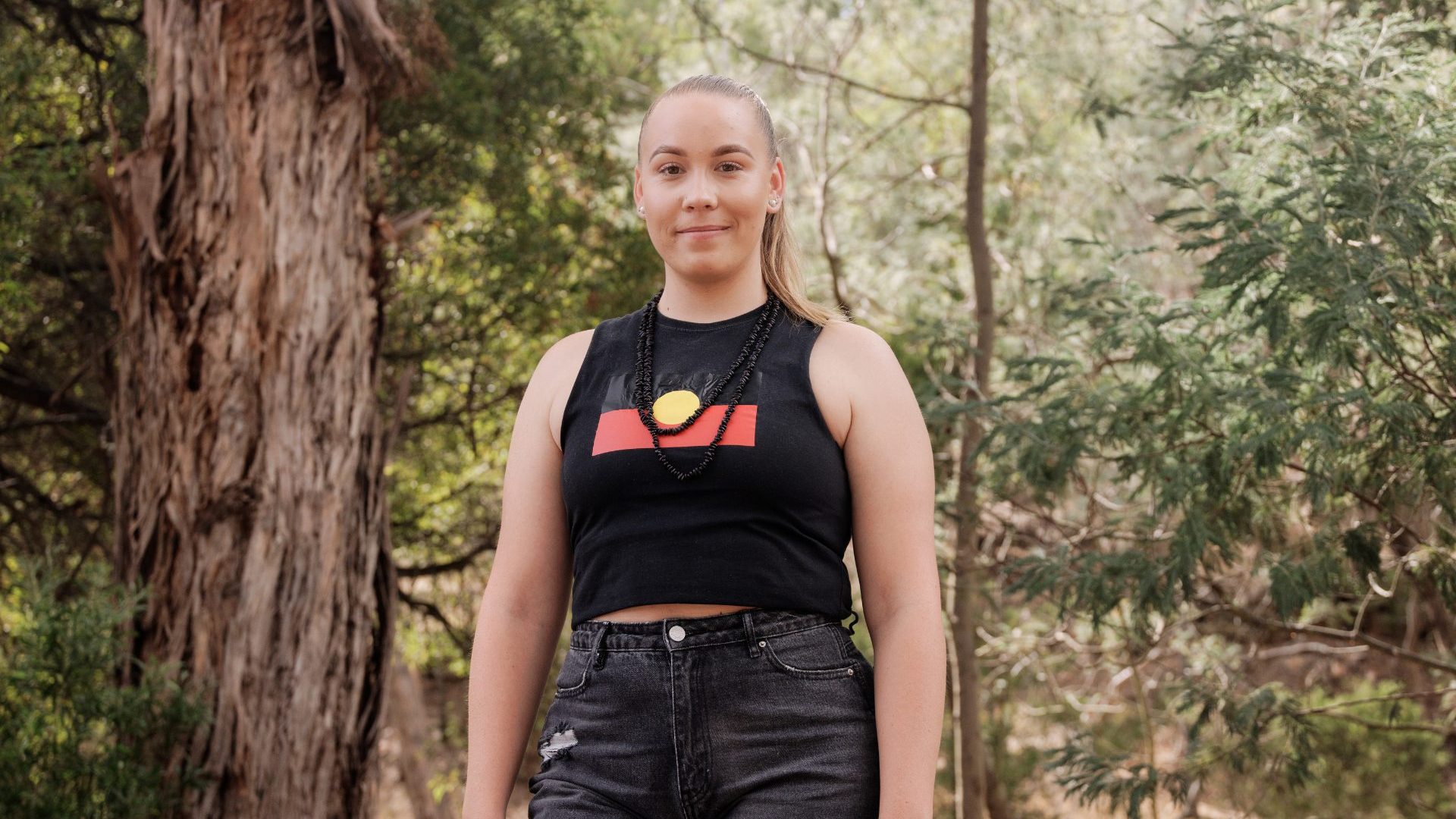
In Lutruwita/Tasmania, an Aboriginal-owned and operated food business is dishing up a rare opportunity to learn about local Palawa culture—and they’re extending an invitation to the whole world.


In Lutruwita/Tasmania, an Aboriginal-owned and operated food business is dishing up a rare opportunity to learn about local Palawa culture—and they’re extending an invitation to the whole world.
“These beautiful leaves are really good for adding flavours to any of your dishes,” says Kitana Mansell as she guides us through the sun-dappled bush, brushing the leaves of (what I now know to be) the kunzea ambigua with her fingertips. “At Palawa Kipli, we like to mix it in with some native honey and add it with wallaby and mutton birds—we’ll just put these leaves on the coals and let it smoke through.”
Strolling through the Tasmanian bush with Mansell, a proud Palawa woman equipped with an encyclopedic knowledge of all that is alive here, is like clambering inside a recipe book. Every plant she passes and every leaf she touches has myriad uses and layers of cultural significance.
There’s kangaroo apple, sheoak, strawberry pine, bower spinach, warrigal greens and so much more. All of it has a purpose, a meaning and an ancient poetry beyond its worldly form. Tens of thousands of years of experimentation, innovation and delicate practice. This kunzea (tinputina in Palawa language), for example, also has medicinal properties and is used by Tasmanian Aboriginal people for treating insect bites, skin irritations and various aches and pains. Mansell reckons the kunzea leaves and flowers makes a pretty delectable cup of tea, too.
Mansell is the business development manager at Palawa Kipli. Established by Mansell’s cousin, Palawa man Tim Sculthorpe, and now in its sixth year of business, Palawa Kipli is the only Tasmanian Aboriginal food business in Australia. “I want all of Australia to own the fact that Aboriginal food is Australian food—and that’s something we should all be proud of,” Tim told the ABC in 2019.
Palawa Kipli’s mission is threefold: To educate younger Palawa people about the Indigenous food culture, to offer bush food experiences to tourists from all over the world, and to sell Tasmanian Aboriginal ingredients wholesale to restaurants and food establishments across the country.
“Having Aboriginal food put on a plate is sustainability. We’re using local ingredients based on their seasonality and looking after Country by regrowing these plants. Our ancestors have done this for thousands of years.”
- Kitana Mansell, Palawa Kipli's business development manager
“For 150 years, Aboriginal people were forced to not eat our traditional foods,” says Mansell as she guides us deeper into the bush. “We’re using this opportunity to revive that knowledge and to connect through our cultural practices.”
Palawa Kipli is situated on Piyura Kitina, or Risdon Cove, on the eastern shore of the River Derwent, just outside of Hobart in Lutruwita/Tasmania’s south. The site is significant for Palawa people, and its current-day beauty obscures a brutal history.
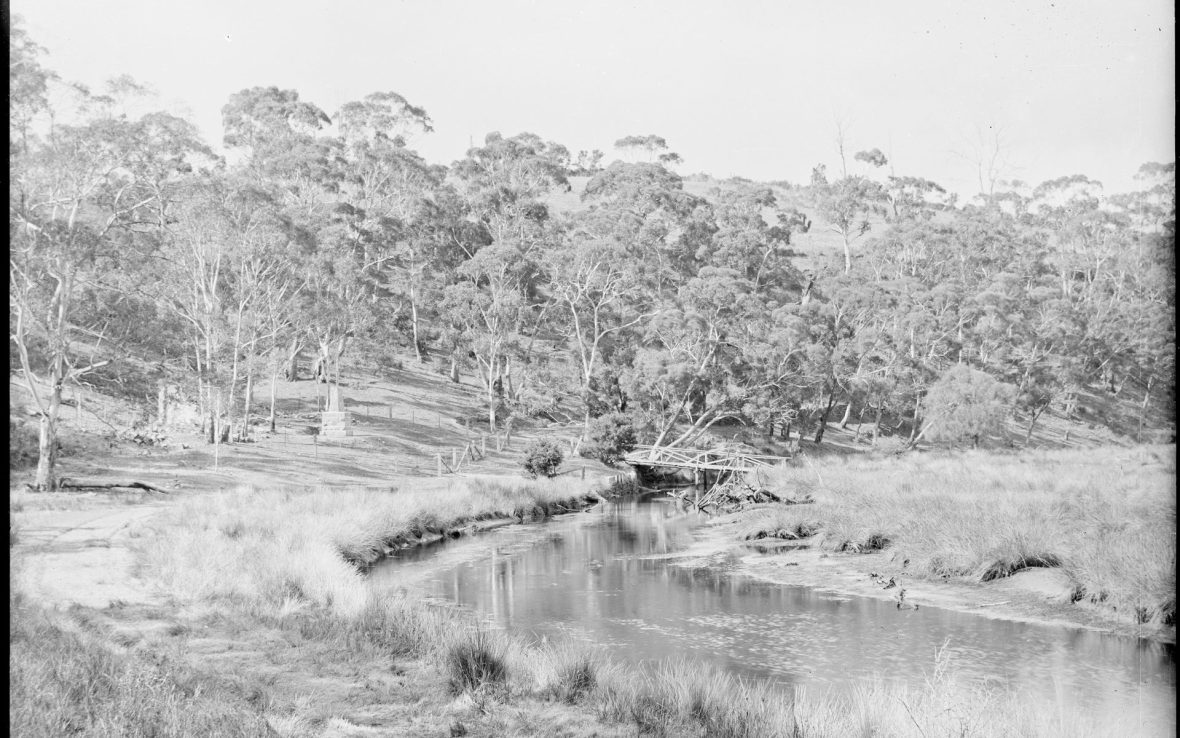
In 1803, Piyura Kitina endured the first white settlement in Lutruwita/Tasmania. A year later, it was the site of the island’s first massacre, when soldiers under the command of Lieutenant John Bowen opened fire on the local Mumirimina people without provocation.
In 1995, ownership of Piyura Kitina was handed back to Palawa people. With the title of 12 parcels of land returned to Palawa elders, it was the first formal return of land to Tasmanian Aboriginal people on the island, and the largest hand-back in Tasmania’s history.
“Piyura Kitina has a deep, dark history,” says Mansell. “But now it’s a showcase of what Aboriginal people have been able to achieve since colonisation. It’s a significant step towards showing that Aboriginal people can care for the land when it’s returned back to them.” To date, two percent of Lutruwita/Tasmania has been returned to Palawa ownership.
Palawa Kipli’s Kipli Takara tours take visitors on a 90-minute amble through this abundant landscape, on which Kitana and her team are aiming to replant 250 native edible plants. The experience is an opportunity for Kitana to demonstrate the vast knowledge Palawa people hold on the plant species most of us know little about. And food is just a jumping-off point for a more profound education.
“A lot of people were told in schools that Tasmanian Aboriginal people didn’t even exist, let alone were taught about the cultural knowledge and everything we still maintain today,” says Mansell. “At Palawa Kipli, non-Aboriginal people from all around the world can come and learn about our history and see that our cultural practices are still very much alive.”
Mansell grew up eating Tasmanian Aboriginal food and enjoyed trips overseas with her family where she learned about international food cultures—eating spider in Cambodia as a 12-year-old is a particularly strong memory for her. She’s been working at Palawa Kipli since 2019. The brief from her cousin Tim was simple: Make Palawa Kipli a success. And it’s one she’s taken to heart.
Kitana invites me into the Palawa Kipli kitchen, where chef Braydon Gower has been busy crafting a platter of native flavors for us to share. Among other delicacies there’s smoked wallaby, wallaby salami, a kunzea tomato relish, pepperberry cheese, Tasmanian honey, finger lime jam, and saltbush meal worms.
“We’ve been fighting for our land back for over 200 years. The opportunity we have is to put the income from our tours and catering back into our community owned-and-operated organisation (the Tasmanian Aboriginal Corporation) so we can make these decisions ourselves.”
- Kitana Mansell, Palawa Kipli's business development manager
Meal worms aren’t a traditional Palawa food, but Kitana says their use here is indicative of the ways in which Palawa people are forever adapting to the environment—utilising what’s on offer, and causing no harm in the process. We might call it ‘sustainability’, but as far as Kitana is concerned, it’s just how things are done. “Having Aboriginal food put on a plate is sustainability,” she says. “We’re using local ingredients based on their seasonality and looking after Country. Our ancestors have done this for thousands of years.”
Currently, only a tiny percentage of food businesses in Australia are Aboriginal-owned and operated. Mansell has many ambitions to help change that—including establishing a Tasmanian Aboriginal restaurant in Lutruwita/Tasmania, fostering a 100 percent Aboriginal supply chain, and developing Palawa Kipli’s capacity to provide sustainable Tasmanian Aboriginal produce to restaurants all over the country.
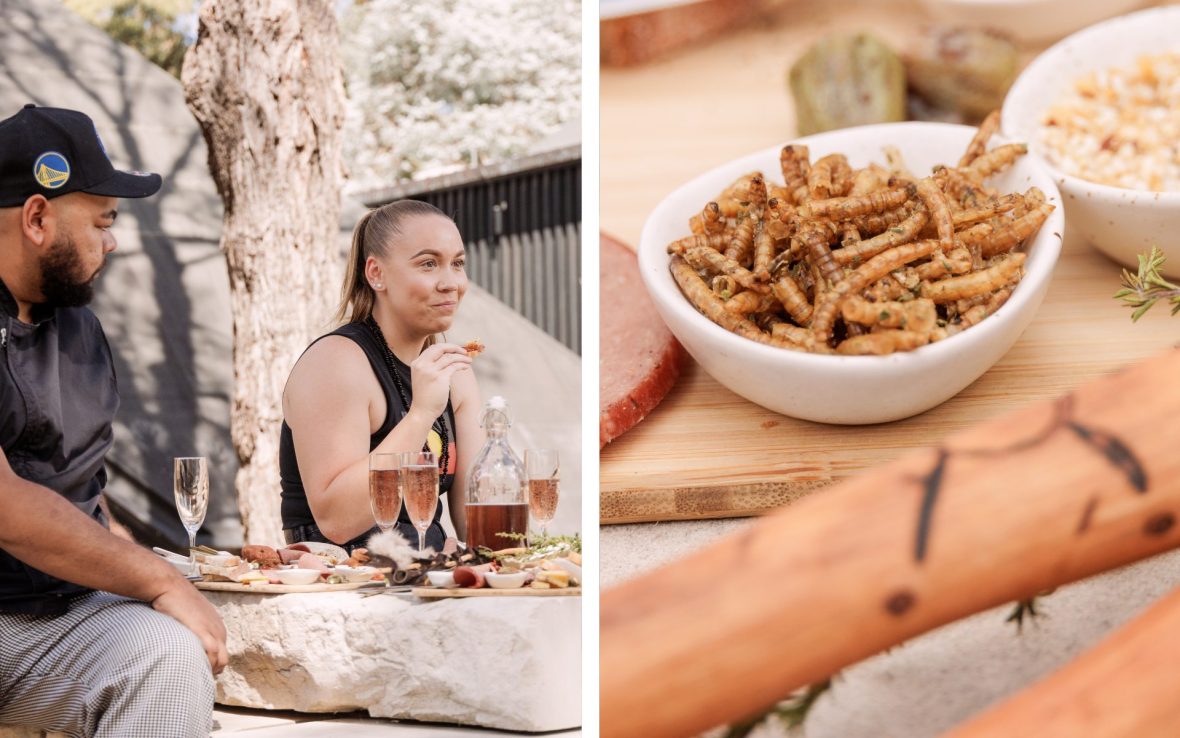
Self-determination is an essential ingredient for building the future Kitana envisions. “We’ve been fighting for our land back for over 200 years,” she says. “The opportunity we have is to put the income from our tours and catering back into our community owned-and-operated organisation (the Tasmanian Aboriginal Corporation) so we can make these decisions ourselves.
After the feast, Mansell crouches next to a small patch of succulents in the Palawa Kipli car park, plucks a kanikung (pig face) flower buds, and squeezes it open. She carefully explains everything this tiny flower bud, about an inch and a half in length, is capable of. It flowers in spring and summer with daisy-like qualities, and can be dazzling pink or purple —and nothing like a pig’s face. When the flowers cease to flower, they can then be eaten: Inland kanikung fruits taste like a mix of strawberry and kiwifruit; coastal kanikung fruits taste like salty figs. The all-year-round ripe green leaves—like the one Mansell is holding— can be used in a similar fashion to aloe vera.
“The opportunity I have as a young Aboriginal woman is to educate the wider community,” says Mansell before we part ways. “I love being on Country, connecting through the spirits of my ancestors, knowing that this is what my ancestors and my Elders and my grandparents were doing at my age, and that I get to share that with the rest of the world.”
****
Adventure.com strives to be a low-emissions travel publication. We are powered by, but editorially independent of, Intrepid Travel, the world’s largest travel B Corp, who help ensure Adventure.com maintains high standards of sustainability in our work and activities. You can visit our sustainability page or read our Contributor Impact Guidelines for more information.

Oliver is Adventure.com's Editor-in-Chief.
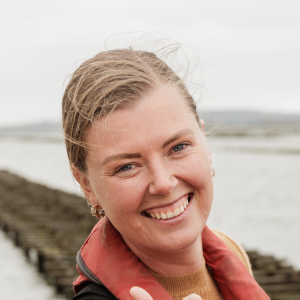

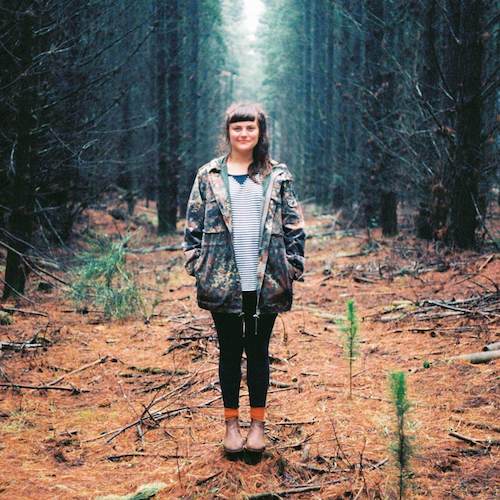



Can't find what you're looking for? Try using these tags: